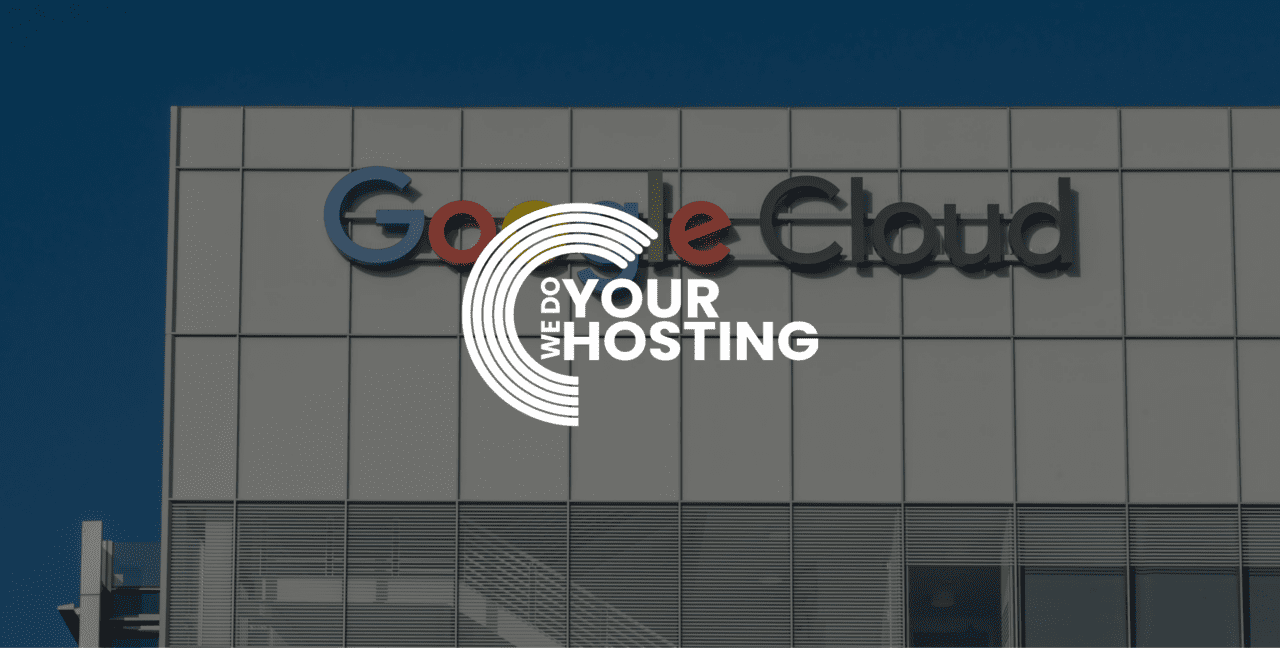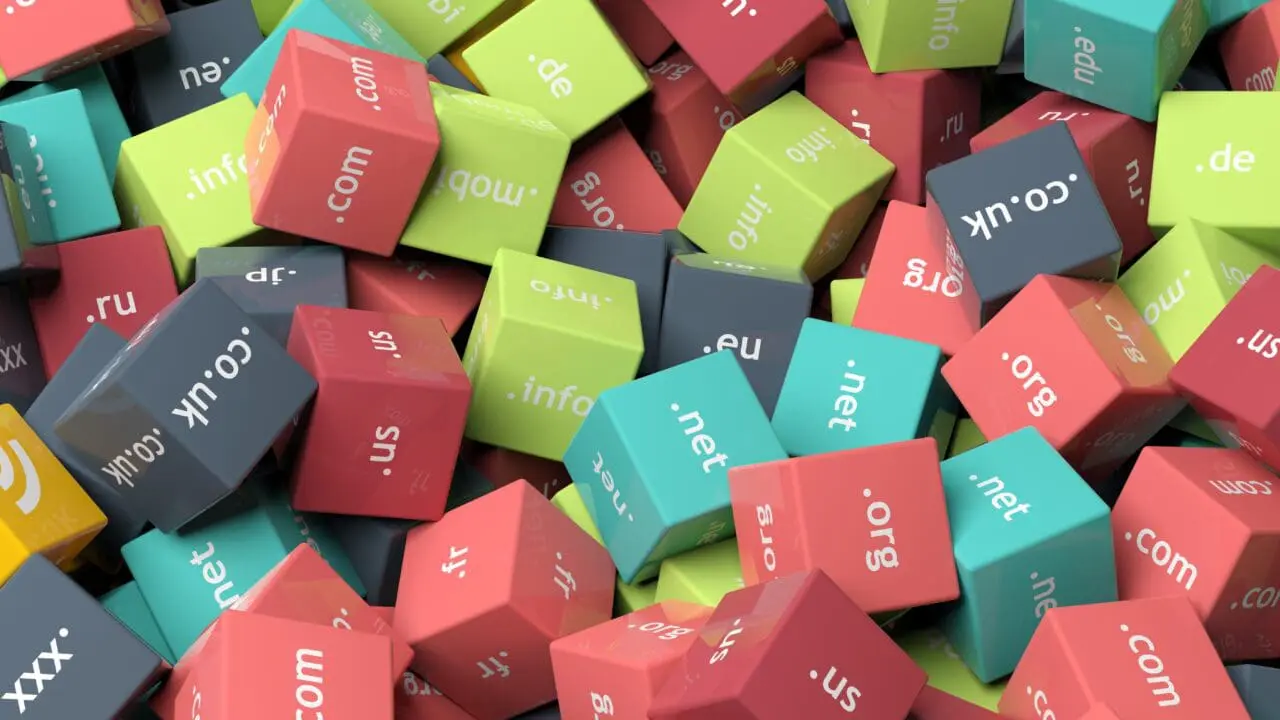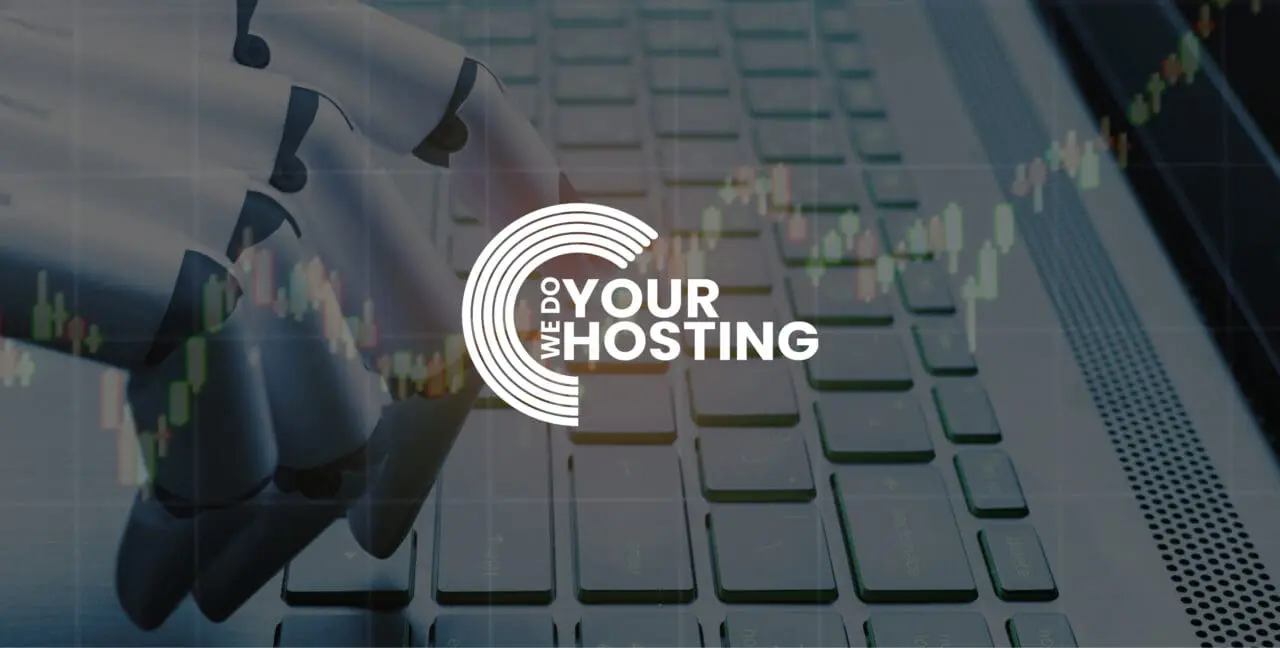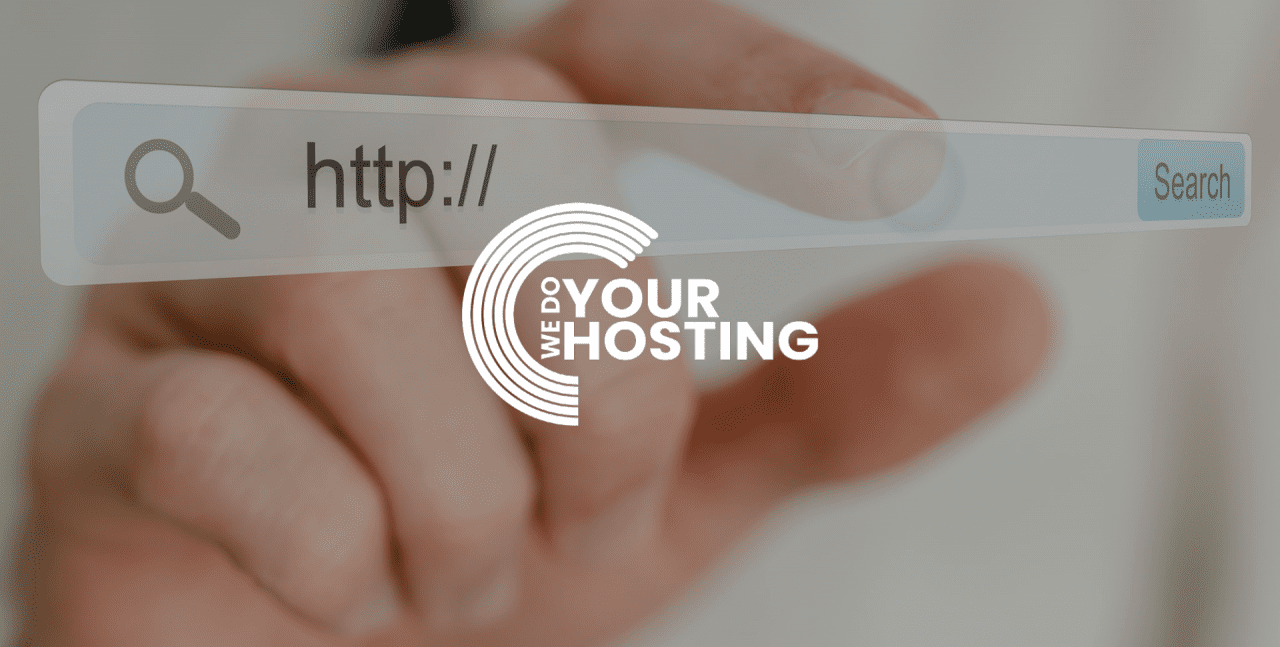
What Is A Blockchain Domain?

In this tech-insight, we look at what a blockchain domain is, what it is used for, how to buy one, and what may bring them more into mainstream usage.
What Is Blockchain?
Blockchain is an incorruptible peer-to-peer network (a kind of ledger) that allows multiple parties to transfer value securely and transparently. Blockchain’s co-founder Nic Carey described blockchain as “a big spreadsheet in the cloud that anyone can use, but no one can erase or modify”. Blockchain is the technology upon which cryptocurrencies are built.
What Is A Blockchain Domain?
A blockchain domain could be described as an easy-to-remember, human-readable name (easier than remembering a string of numbers) for crypto-wallets to and from which cryptocurrency is sent and received.
Blockchain domains are not stored on a server but in a public ledger, i.e., in the blockchain. They are purchased and not rented – they are bought outright / there are no renewal fees (unlike other internet domain names where an annual fee is payable to the registrar). Only the owner can change the domain, e.g. choosing to trade it. Blockchain domains are part of a decentralised system, i.e. no single organisation such as ICANN or other registrars has control over blockchain domains, and websites with blockchain domains are also on the InterPlanetary File System (IPFS), which is a type of decentralised World Wide Web. Instead of calling up a central database when a website is visited, the browser searches the ledger to find the services associated with the domain. Blockchain domains are, therefore, Non-Fungible Tokens (NFTs), which is why the technology is also called NFT domains.
Where And How Do You Buy One?
There are a limited number of marketplaces for blockchain domains, but some established providers exist. To buy a blockchain domain, users first need to create a crypto wallet and have cryptocurrency in it. For example, purchasing a domain from Unstoppable Domains (a provider) is written to the Ethereum blockchain, so buyers need a crypto wallet, including Ether. Also, before buying a blockchain domain, it must be transferred to the blockchain for a fee paid to the blockchain operator.
To choose the domain name, providers have a tool to check if the name is available. Different providers have different extensions for domains e.g., .888, .bitcoin, .blockchain, .coin, and .crypto.
How Much Do They Cost?
Shorter, generic names can be traded for thousands of pounds, whereas longer, less popular domains can cost as little as £20.
What Are They Used For?
Blockchain domains have many uses, including:
– Replacing bulky personal crypto wallet addresses (which would normally be a long string of numbers).
– Trading them (they are NFTs) by buying and selling using smart contracts.
– Building apps on them.
– Making websites available via blockchain domains.
Threats
With areas of crypto-currencies still requiring regulation and with the anonymity blockchain can provide, some have warned that bad actors could exploit blockchain domains and crypto-wallets, e.g. for tax avoidance or storing the proceeds of crime.
Web3
Most Web2 users, however, will need a plugin or specialist browser, e.g. ‘Brave’ to see blockchain domains, and they may not move into the mainstream until the development of Web3. This (a term coined in 2014 by Ethereum co-founder Gavin Wood) is the next phase in the evolution of the Web and is based on blockchain technology, the same technology behind cryptocurrencies like Bitcoin.
What Does This Mean For Your Business?
Blockchain domains are still very much in their early stages, and it may take some time and the development of Web3, more information, and a consolidation of the cryptocurrency market (there are 18,000 cryptocurrencies) for them to become popular. However, some may be surprised by how many well-known businesses are now accepting payment in cryptocurrency, e.g. (Tesco UK, Starbucks, Subway, Gap, Lush) and how the market for blockchain domains may be starting to take hold. However, many businesses in the UK may still be unaware of the advantages and ease of using cryptocurrencies, may not yet see how they could be used in their business, and may still be influenced by negative news stories about volatility (Bitcoin) and security issues. The growth of the sales of blockchain domains is indeed linked to the growth and fortunes of cryptocurrencies, but, as was the case for normal domain names, some businesses may at least see a case for getting into cryptocurrencies to the extent of buying the blockchain domain for their company name or a generic name to trade later. For bigger businesses and those with global markets and customers, the need to compete may have already driven them to move into dealing with cryptocurrencies and blockchain domains. For many businesses, particularly smaller ones, however, this may still be an area on the to-do list that needs more consideration. If the process through trusted providers is easy, this could help boost take-up.


